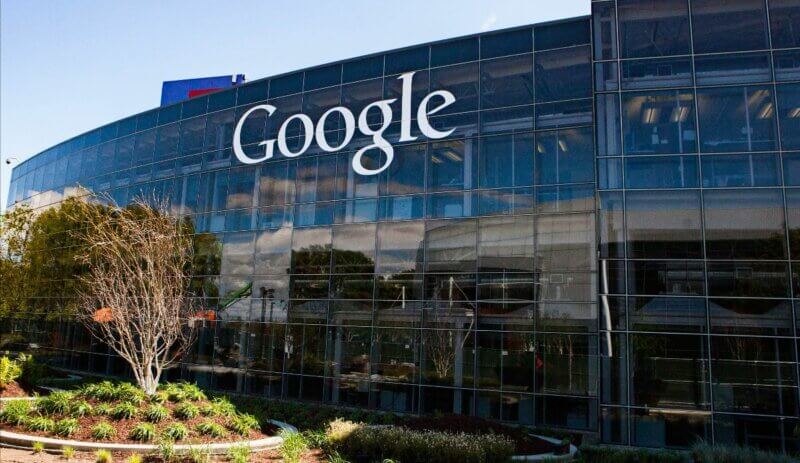cadmore embed test

PHOTO: Google headquarters, by Anthony Quintano, is licensed under CC BY 2.0
The landmark case, which centers on charges that Google abused its power as a monopoly to dominate the search engine sector, has the potential to change how tech giants do business and amass power, and to shake up who controls the internet.
By shining a light on Google’s mostly hidden business practices, the high-profile trial also presents educators with an extraordinary opportunity to explore how concentrations of corporate power affect free flows of information and the health of our democracy. With that in mind, we dug into the MEF archive and selected the following videos to help give context to some of the larger issues at stake in this case – from the corporate capture of our media system to the full-scale commercialization of the culture.
In Digital Disconnect, renowned media scholar Robert McChesney exposes how corporate capitalism has turned the internet against democracy. With breathtaking clarity, McChesney dissects how internet giants surreptitiously collect personal data and sell it to advertisers; how telecom monopolies collude with the national security state to advance mass surveillance programs; and how social media platforms filter people into ideological bubbles that prioritize partisan misinformation over real journalism. An invaluable and accessible introduction to the political economy of today’s digital media landscape.
Google & the World Brain tells the story of a group of authors who faced down one of the world’s most powerful corporations. In 2002, Google began scanning millions of books in an effort to create a global library containing every book in existence, an ambitious project HG Wells had predicted in his 1937 essay “World Brain.” But when it became clear that over half the books Google was scanning were in copyright, authors from across the world launched a campaign to stop the Big Tech colossus, climaxing in a New York courtroom showdown in 2011. A film about the dreams, dilemmas, and dangers of the Internet.
For more than three decades, transnational corporations have been busy buying up what used to be known as the commons – everything from our forests and our oceans to the internet and our most important intellectual and cultural works. In This Land is Our Land, acclaimed author David Bollier details this corporate capture of the commons and shines a light on a bold new international, democracy-driven movement that’s working to reclaim our common wealth. An invaluable introduction to tensions between corporate power and basic democratic principles.
In Advertising at the Edge of the Apocalypse, media scholar Sut Jhally explores the destructive cultural and economic power of the advertising industry. Ranging from the birth of modern advertising to the rise of neoliberalism to the full-scale commercialization of the internet and U.S. media culture today, Jhally shows how advertising taps into powerful emotions that blind us to the devastating social, political, and environmental costs of accelerating global consumption and endless economic growth. Ideal for courses that look at consumerism, corporate propaganda, and climate change.
In the award-winning Requiem for the American Dream, legendary author and political dissident Noam Chomsky gives a master class in how concentrations of corporate power and private wealth threaten democracy. Combining Chomsky’s rare explanatory powers with breathtaking visuals and stunning motion graphics, the film dissects a long line of government policies that have benefited corporations and the wealthiest Americans while destroying the American middle class and undermining the very functioning of democracy. At once an extraordinary teaching tool and a remarkable piece of cinema.

